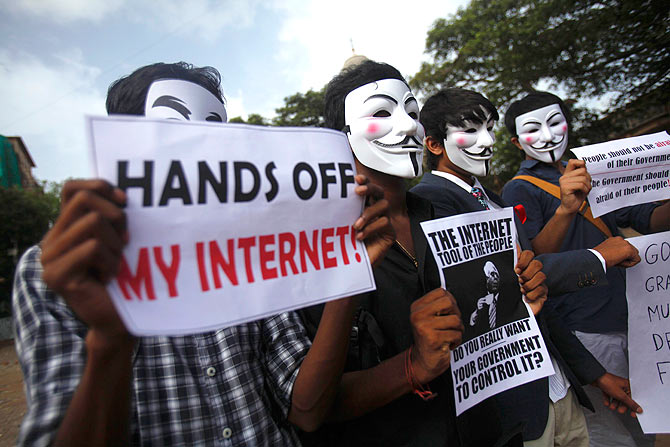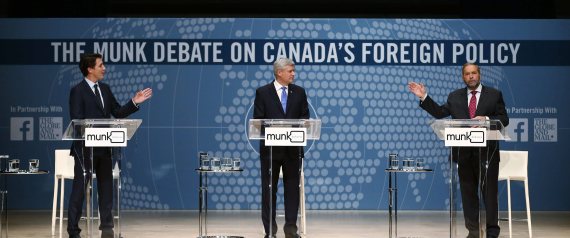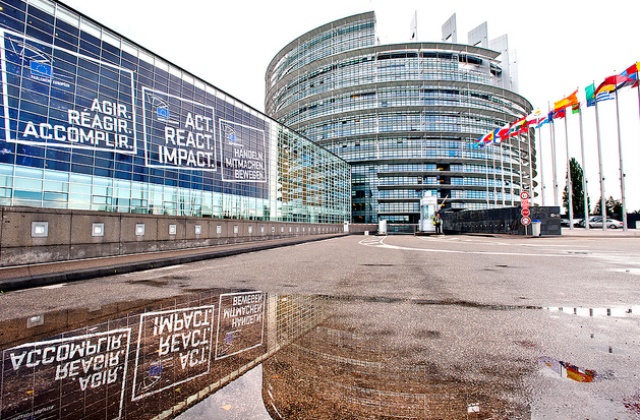In recent years, online activists have claimed that there is a war being waged for cyber rights, copyright and privacy laws. Since 2011, the Stop Online Piracy Act (SOPA), the Protect Intellectual Property Act (PIPA), and the Cyber Intelligence Sharing and Protection Act (CISPA) are all high profile US examples of attempts to censor information online. All of these examples were eventually defeated or postponed, and many thought that it was a final blow against privacy violation and censorship online. However, with the release of Trans-Pacific Partnership (TPP) documents, the question of Internet censorship has once again reared its ugly head, leaving many to wonder how the Internet was won, and then lost again.
It is important to preface the argument about TPP’s regulation on the Internet, privacy and censorship by saying that there are some, although a small number, of beneficial concepts behind the laws. Trying to protect the rights of copyright holders to their product is one such example. However, in many cases these regulations are not designed to benefit anyone beside the corporate producer, and as some argue, could dramatically change the way we use the Internet.
Kevin Collier of the Daily Dot summarizes the overall sentiment of the TPP’s Internet policies in the title of his article, “Here’s what the Internet hates about the TPP trade deal.” That is very much the sentiment, hate, when it comes to Corporate copyright claims and Internet ‘policing’ by ISPs. This comes in the form of the forced adoption of stricter copyright laws by all members, despite little public input. Likewise, foreign governments are not able to circumvent what is inevitably an unbalanced legal system,
“Different countries have different standards on a copyright’s expiration date. Canada, say, or Malaysia—both TPP nations—currently have 50-year terms. That means that it’s currently perfectly legal there to share a movie or book or album from 1945-1965. But once Canada adopts the TPP, a person there can be accused of, and sued for, copyright infringement for sharing content of that age—and expect to face the ISDS instead of a real court.” –Kevin Collier
Similarly, Andrew Griffin argues that the TPP deal benefits no one except large corporations and seriously damages innovation online. Given that the copyright system utilized online now in the US is seemingly nonsensical, this type of excessive response could be potentially harmful to business. Griffin states that, online content producers, like YouTube or Facebook will be required to remove content if they receive any complaints. This is the current system in the US, where even one complaint results in the removal of the content. Griffin is concerned that this could have disastrous consequences for small business, they’ll be required to have the “resources to respond to every complaint.”
TPPinfo.org argues a similar track to Griffin, “Excessive copyright rights and enforcement adversely affect that ability of creators to create content, the ability of technology companies to make innovative products, and that ability of users to use content in new ways.” The question then becomes, who does this type of regulation benefit, content creators, or big corporations who can push their agenda?
In addition, this apparently broken system of copyright claim can allow for countries and corporations to sue individuals and ISPs, thereby creating a system where the ISP is in charge of policing a user’s Internet use. This would mean that ISPs could target your information, or as Deirdre Fulton discusses this in her article, if challenged with a copyright request, ISPs would be in charge of policing the internet. Not to mention ISPs would be permitted to take down content and remove users access to the internet entirely. In the current system, false accusations of piracy or copyright infringement are not unlikely, and major copyright holding corporations have had few reservations about suing regular users for millions of dollars.
While there is a still a lot to be examined with the copyright elements of the TPP trade deal, many believe that it is “likely to export some of the worst features of U.S. copyright law to Pacific Rim countries.” What is likely is that outspoken critics and proponents of Internet freedoms will continue to oppose the strict rules the TPP institutes into cyberspace.
Stewart Baker wrote an op-ed piece about cyber security and the TPP for the Washington Post. In it he describes how the US wants to institute these regulations because they benefit from being one of the largest producers of software. At the same time, there are new regulations on criminalizing file-sharing, whistleblowing and breaking digital locks even for legitimate purposes, all of which have significantly beneficial purposes. Baker argues that while in the present this deal is good for the US, in the future, the US could lose its advantage in the software sector and leave itself vulnerable to the inability to check and secure software. “I doubt US security agencies are comfortable letting Vietnam write apps that end up on the phones of their employees without the ability to inspect the source. In short, this is a tough policy call that is likely to look quite different in five years than it does today.”
It seems that Collier’s article purposively and accurately reflects the sentiments of the Internet community’s thoughts on TPP. The question has seemingly become more, why does the Internet not hate the TPP trade deal?




